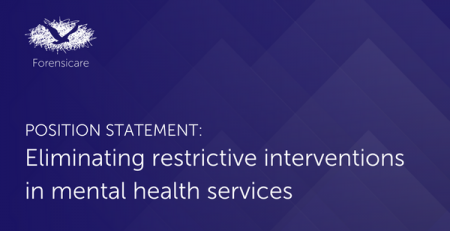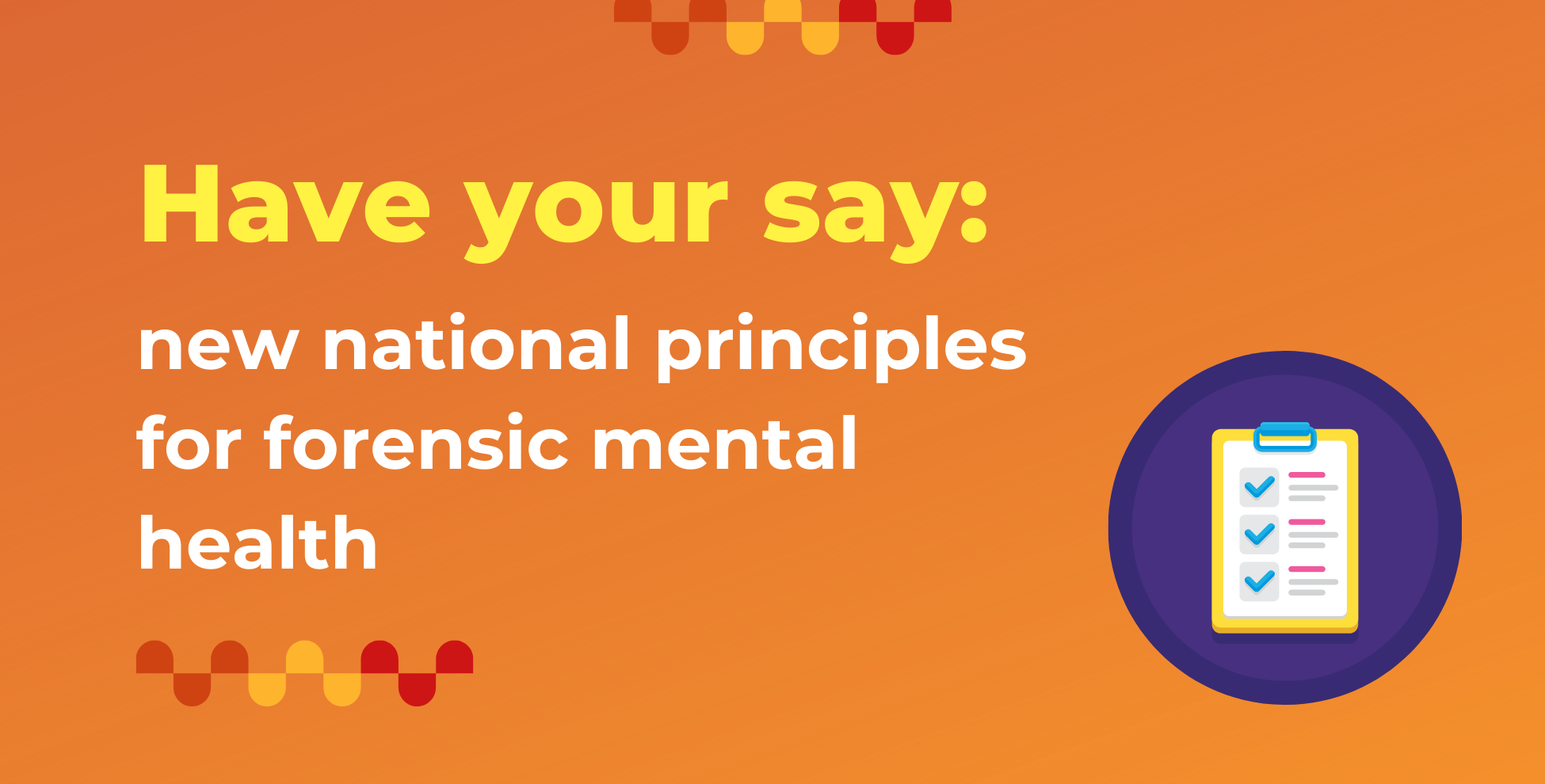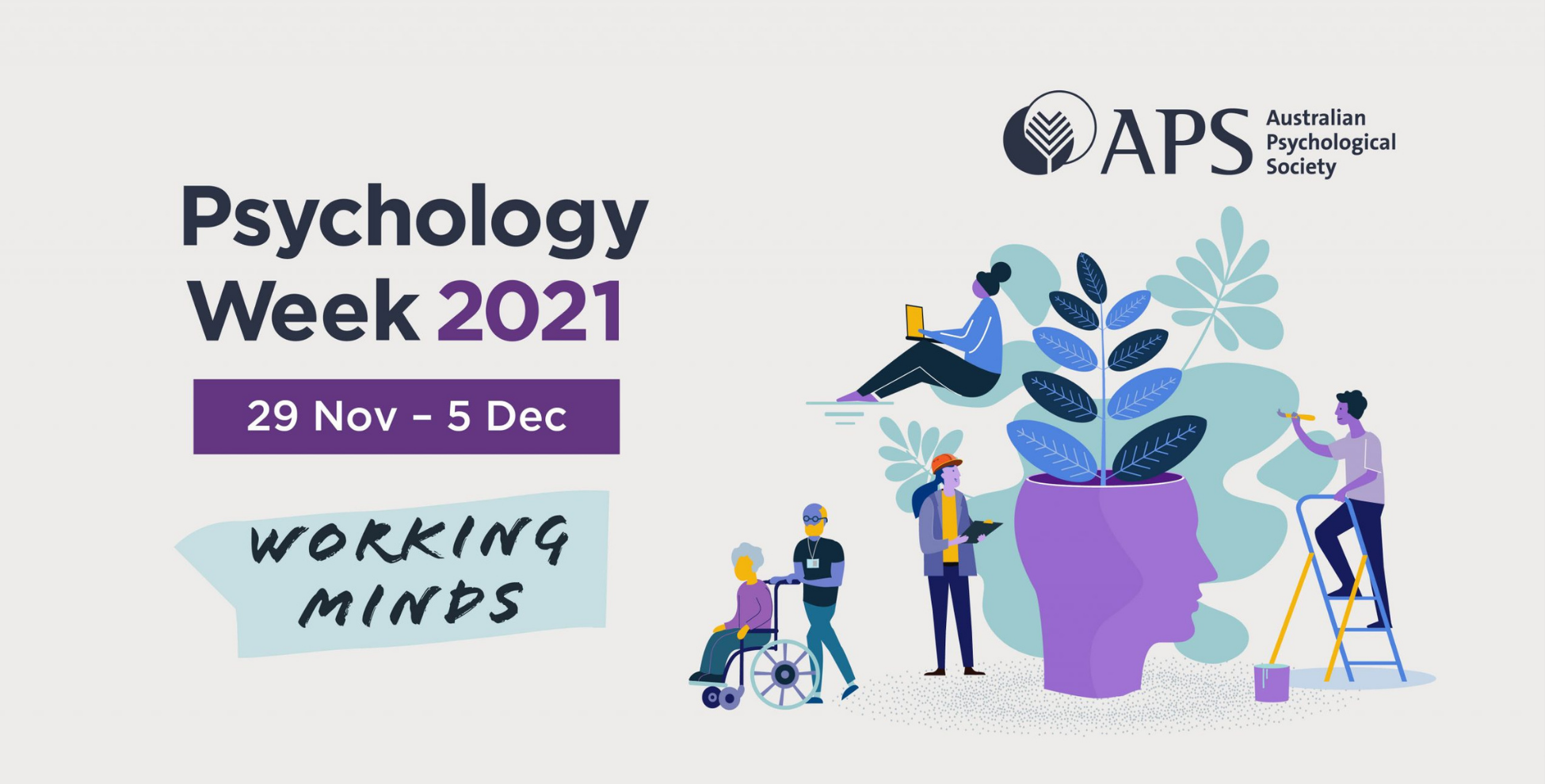Managing Anger in Lockdown 6.0
The pandemic is polarising the community on multiple fronts, and for some of us to degrees we’ve never witnessed before. Frustration is spilling over, and anger seems to be a core theme pervading the headlines, personal experience, and social conversations – anger at the lockdown, about the missed holiday, at those who protest, at politicians, at our lack of liberty.
This edition of The Ascent delves into the emotion of anger, and how to navigate this important but often misunderstood emotion.
Anger has aptly been described by a London-based therapist as ‘a sign of our distress and display of our suffering’. Whilst anger can be primary emotion – because one of our needs or goals has been frustrated in some way, anger can also be secondary to or follow, other emotions like sadness, fear, pain, or anxiety. Anger is like the tip of an iceberg, the part you can see above the water, with these other emotions hiding below the surface. But we tend to not like looking under the water.
Anger can feel like a safer, almost protective emotion than those below the surface. When we’re angry we often feel powerful, or a bit more in control and this often feels a lot better than some of the other feelings we’ve been sitting with recently, like hopelessness, uncertainty and anxiety. Recently, however, a lot of people are experiencing greater irritability, a shorter fuse, and then feeling bad about how this unintentionally plays out.
It often seems like it’s unacceptable to talk about anger – it’s an emotion that often gets a bad rap. But anger is an important feeling to pay attention to – it signals to us when we’re in danger, when something is unfair or unjust, and reminds us of our boundaries. It can be an adaptive tool to help energise and motivate us into action. It prompts us to express important feelings, identify problems, address our concerns, and achieve goals. Anger can be really helpful when expressed assertively and respectfully. Sometimes, however, anger can become an obstacle, when it derails into angry outbursts, or aggression.
A leading researcher in the area of anger and aggression, Dr Hans Steiner describes problematic anger experience or expression as when it seems to occur with little or no trigger, is disproportionate to the situation (in intensity, frequency, duration, or strength), does not subside when the issue is resolved or is out of step with social norms.
When we’re exhausted, attending to the emotions that lie ‘under water, below the tip of the iceberg, can take a lot of energy. Snapping or yelling feels, in the moment, much easier and much more rewarding, even though it generally leads to an unintended, and unhelpful consequence.
However, suppressing anger can be just as detrimental as outwardly expressing it. Some consequences of either anger suppression or increased anger reactivity include long-term physical and mental health impacts, increased rigidity in your thoughts or becoming more cynical or unforgiving, conflict with friends and family and guilt or shame about how you’re handling anger. We also lose sight of the broader emotional experience we’re going through (the stuff under the water) and so often miss resolving the real problem.
In a nutshell, anger is an important and helpful emotion. But it’s what we do when we feel it that can make all the difference. The following can help us to acknowledge anger but keep it within healthy bounds:
- Check in with yourself – what caused you to get angry, and was your response proportionate? Acknowledge the reasonable triggers for anger. Consider if there were other ways you could have responded or expressed your position? Is a compromise available? When we’re angry (or scared, or anxious), we can become rigid in our thinking – so practice flexible thinking – is there another view or perspective that can help understand the situation?
- Attend to the whole iceberg – navigating anger involves attending to the whole iceberg (the stuff that’s on top of the surface and the stuff we are less aware of, down below). Tending to the suffering below the water line can help heal difficulties with anger.
- Empathy and compassion soothes anger. When we have less social contact, our ability to tend to our anger through supportive social interactions is reduced. Call a friend, and seek this support. Also consider the online narratives you’re being exposed to, like the content of your social media feed – are diatribes, accusations and anger featuring?
- Tune into your triggers for anger – what’s tending to set you off? Are there things you can do to reduce your chance of experiencing one of these situations? Plan for this. If some are things outside of your control – can you take time out to practice mindfulness or self-talk?
- Use RAIN – finally, a therapist in London, Alexander Ingram, has coined the RAIN acronym as helpful in navigating anger:
- Recognise when you’re angry, identify where it sits in the body.
- Accept anger’s presence, understand it is okay to be angry.
- Investigate the sensations – what does it feel like to be angry?
- Nurture the anger – be kind to yourself (not self-critical) for being angry. Be compassionate towards anger itself – it reminds you of your boundaries.
- And we would add a final step – working with the anger: assertively express the issue, seek support, problem solve, and practice ways to sooth yourself.
The Ascent is brought to you by the Thomas Emnling Hospital Reflective Practice team:
Dr Meera Aurora, Reflective Practice Co-ordinator and Dr Diana Talevski and Dr Bonnie Albrecht, Reflective Practice Facilitators, TEH













